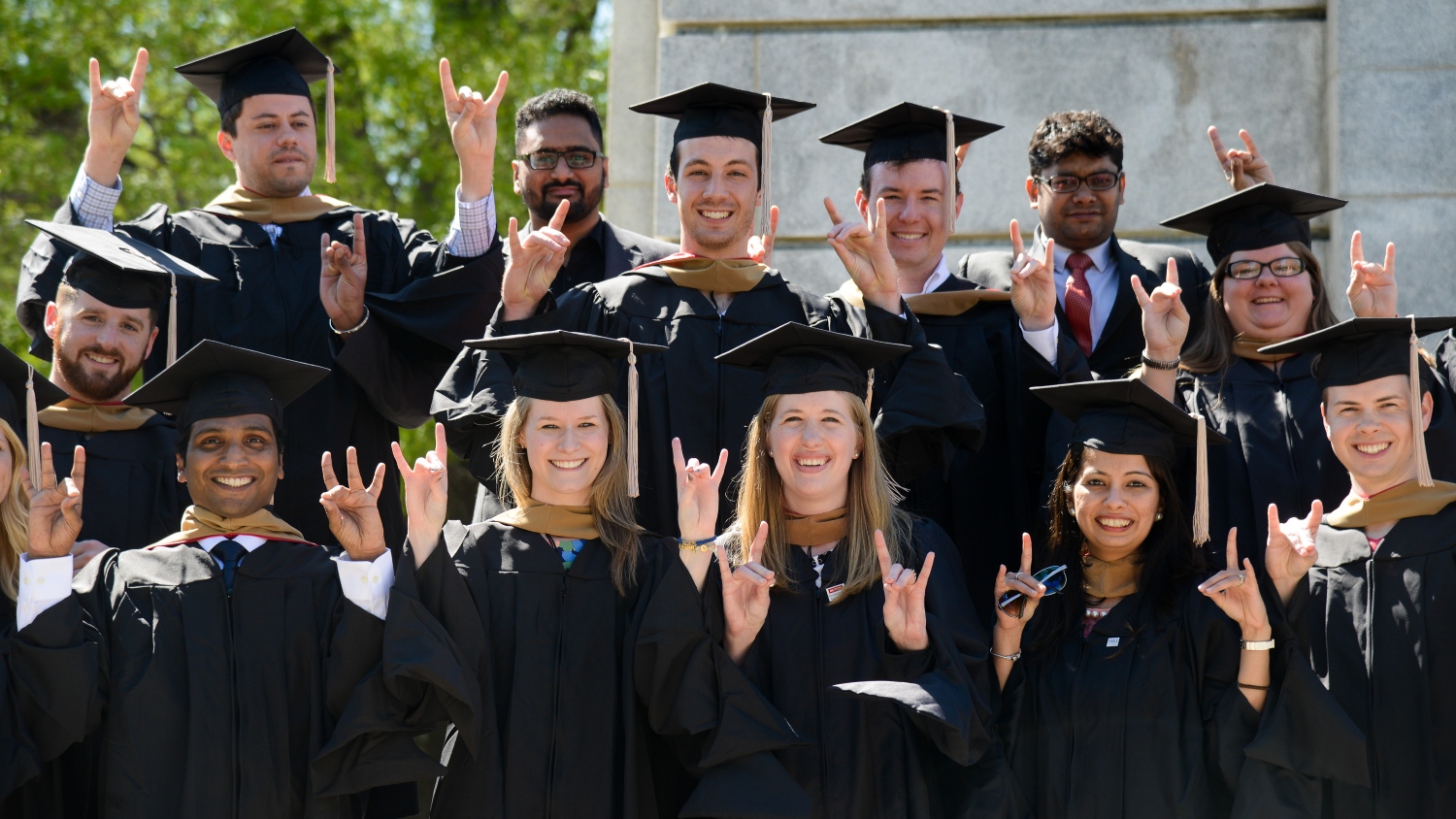Poets & Quants Profiles NC State MBA
The following is a short excerpt from “In the Shadows of Duke & UNC,” an article posted on MBA blog, Poets & Quants. The author is Jeff Schmitt. We encourage you to read the entire article on Poets & Quants.
In the Shadows of Duke & UNC
These days, companies want graduates who can hit the ground running. There may be a steep learning curve, but there’s little time for hand-holding and even less patience for mistakes.
That’s a lot to expect. But it’s that type of graduate that North Carolina State’s Jenkins Graduate School of Management is trying to deliver. While the school lacks the big brand cache of such prestige rivals as Duke University’s Fuqua School of Business and UNC’s Kenan-Flagler Business School, some corporate recruiters have taken note.
According to U.S. News and World Report’s ranking, recruiters surveyed by the magazine give Jenkins an impressive 33rd place finish, while U.S. News’ overall ranking for the school puts the full-time MBA program at 88th. It is one of the biggest disparities in U.S. News’ ranking of the best business schools in the U.S.
A RANKINGS GAP REVEALS SURPRISING RECRUITER SUPPORT FOR A LITTLE-KNOWN SCHOOL
What’s behind the gap? Jenkins has smartly drawn on its flagship’s roots as a STEM school, creating a high tech, hands-on, cross-curricular model that could someday serve as a model for other MBA programs.
Founded in 2002, Jenkins’ MBA program is hidden in the shadow of Fuqua and Kenan-Flagler, which are only 20 minutes down the road. As a result, Jenkins must cater to a different type of student – a group seeking a practical, applied curriculum that emphasizes hands-on experience in projects. As a whole, N.C. State ranks among the academic leaders in industry-sponsored research, serving as the largest supplier of graduates to IBM and Cisco.
‘NOT YOUR GRANDFATHER’S MBA’ SAYS THE DEAN
Ira Weiss, dean of the NC Poole College of Management which includes the Jenkins Graduate School, maintains that the program’s distinctiveness stems from its overall focus on technology, innovation, globalization, and entrepreneurship. “That’s the significant difference of who we are. Our students aren’t going to Wall Street as investment bankers or Procter and Gamble as consumer brand managers. Our curriculum doesn’t look like your grandfather’s MBA. … Jobs of the future are all going to be associated with technology commercialization and innovation. And that’s why Jenkins targets these areas, along with new products and services, supply chain management, biosciences, and enterprise risk.
This approach obviously appeals to recruiters. IBM and Quintiles are among the largest consumers of Jenkins talent. And what have such employers told Weiss about his graduates? “They’re work-ready,” says Weiss. “There are no errors; they are productive from day one. Many times, they’ve already done either practicum or internships at these companies, so they walk in the door and are already part of the company to begin with. That’s a great, great benefit of our program.”
LEVERAGING THE RESEARCH TRIANGLE AREA FOR STUDENT PROJECTS AND EMPLOYMENT
“The opportunity for us to be in an ag and tech hub like RTP is phenomenal,” says Weiss. “Those are the companies that provide 90% of our practicum projects.” Beyond the practical experience, company leaders often come into the classroom. As a side benefit, Weiss adds that many employees in RTP-based companies are enrolling in Jenkins’ professional and online programs (with Jenkins maintaining a campus at RTP for students). “The synergies between RTP and the university are phenomenal.”
MBAS WORK WITH ENGINEERING AND COMPUTER SCIENCE STUDENTS
Many courses also cross disciplines. For example, in its Entrepreneurship and Technology Commercialization program, MBA candidates work with engineering and computer sciences students on intellectual property (IP) opportunities. During the first semester, the team whittles 50 or more IPs down to the five with the most commercialized value. In the second semester, student the team evaluates product pull versus technology push and creates venture-grade business plans around each of the finalists. According to Weiss, one of those plans, on average, becomes a company. A similar approach is used in the school’s Product Innovation Lab, where teams of business, engineering, and design students work with Triangle companies to take an idea to a beta product.
And that’s at the heart of Jenkins’ curriculum: Preparing for change. Anticipating a future of rapid, not incremental, innovation, Jenkins focuses on training students for tomorrow’s tech-driven culture. “We have a different set of areas to focus on that match incredibly well to the research triangle – which we think are the jobs needed today and in the future. … We have created incredible opportunities so more students can get hands dirty. … And we’re preparing students for life-long careers, as they move through whatever those different jobs may be.”
- Categories:


